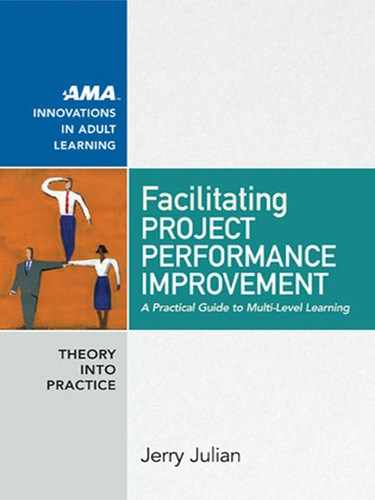76 Roles
American Management Association
www.amanet.org
THE PMO
PMOs originated in the middle of the twentieth century, when the defense
industry needed to coordinate large, complex contracts that included
many projects for a single large customer (Kerzner, 2006). PMOs have
since evolved into a variety of di erent forms, yet they are typically sta ed
with full- time members who “provide some combination of managerial,
administrative, training, consulting and technical services for projects and
the organization overall” (Dai, 2002, p. 26). The PMO provides a focal point
for the discipline of project management, in some cases taking on direct
responsibility for managing projects, and in other cases providing consul-
tative or administrative services to project managers, project teams, and/
or senior management (Dai, 2002; Kerzner, 2004; Rad & Levin, 2002).
The impetus for introducing PMOs is often to improve project man-
agement performance and to reduce the number of “runaway” projects—
those that fail to meet customer expectations, run over budget, or become
compromisingly delayed (Stanleigh, 2006). Jerry Julian (2008a) found, for
example, that continuous improvement was often an explicit responsibil-
ity of many of the 20 PMO leaders participating in his study. Parvis Rad
and Ginger Levin (2002) describe PMOs as providing support at both the
project level and the management level. Although each organization im-
plements PMOs in di erent ways, support at the project level is provided
through training, consulting, and mentoring of project personnel. At the
management level, PMOs support continuous improvement by “archiving
project performance data, compiling lessons learned, establishing knowl-
edge management systems, and developing checklists and tools for stan-
dardized project management processes” (Rad & Levin, p. 3).
C. X. Dai and W. G. Wells (2004) conducted a survey of 209 PMO or-
ganizations to investigate the relationship between PMO presence and
project performance. They found that the presence of certain PMO func-
tions—particularly the ongoing establishment and reinforcement of proj-
ect management standards and methods—was correlated with increased
project success. They also found that some PMOs report to senior levels
of management at the divisional or company level, while others report to
speci c functional leaders (i.e., nance, human resources, or information
technology).
H. Kerzner (2004) claims that the concept of the PMO “could very
..................Content has been hidden....................
You can't read the all page of ebook, please click here login for view all page.
